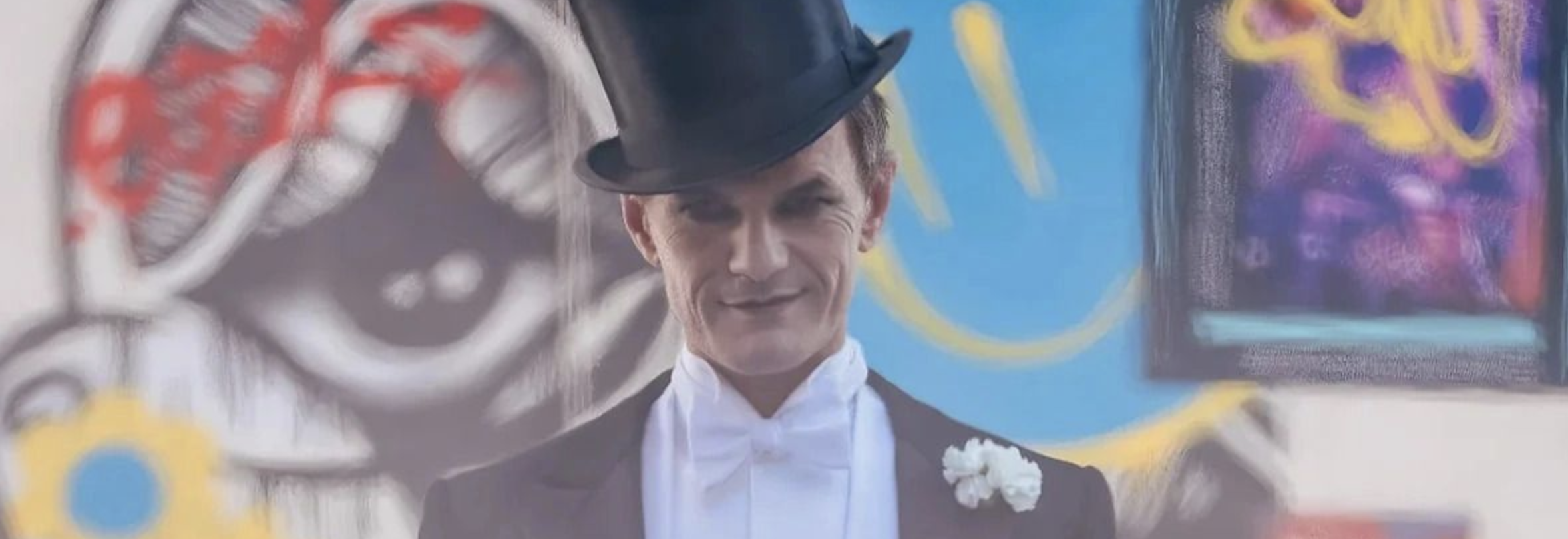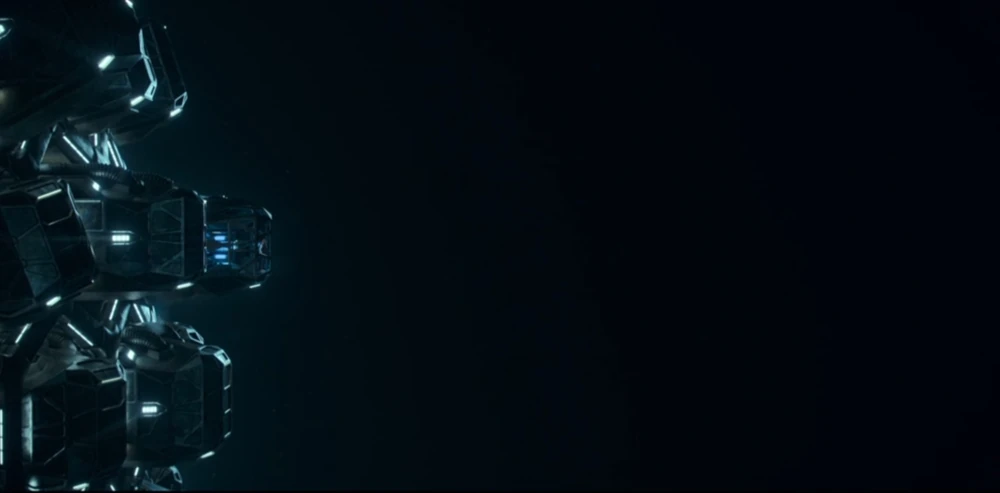Doctor Who is in flux, and so is the way we talk about Doctor Who. In what are already troubling times, how are we meant to tell the difference between “season 1,” “series 1,” “season 1,” “the first season,” and “the First Doctor”? Who even was the first one of that particular Time Lord? We no longer know.
For the record here: A style guide is nothing more than a list of stylistic preferences, typically institutional and typically self-enforced. I do not enforce it here, and I do not expect anyone to care, though you may find it helpful to kickstart a change in the way you talk. This is simply how I do things — your own preferences are likely to be different.
Who am I to write this? Well, I’ve only been talking this way for a decade, so you tell me, but I reckon this should be pretty futureproof by now.
Seasons and series and seasons
For some time, a certain section of fandom has been kind of attached to the distinction of, “seasons” are what Doctor Who (1963) had, “series” is what Doctor Who (2005) had. You may notice this distinction in most official sources — home media, Doctor Who Magazine, official websites — and more thorough fan reference works like the TARDIS Wiki typically follow suit. But it’s never been particularly rigidly enforced, and “season” vs “series” feels somewhat regional and/or down to personal preference, too — in conversation online, people will use these words interchangeably.
On top of that, we’re now approaching a new, separate and distinct era of Doctor Who; the Moffat and Chibnall eras both referred to their first series as “series 1,” too, which never really stuck outside of internal production contexts, but it really sounds like the RTD2 era is gonna make it stick — the various official sites now refer to the televised show as existing in the three distinct Doctor Who (1963-1996), Doctor Who (2005-2023), and Doctor Who (2023–) incarnations.1We here at Planet of the Blog consider the 1996 TV move a distinct entry worth its own separation, but this is mostly because, let’s be honest, I– I just think about the 1996 TV movie a lot.
In addition, consider that Torchwood, The Sarah Jane Adventures, Class, and various Big Finish ranges also have “first seasons.” But this is unlikely to cause confusion unless somebody is speaking just staggeringly sans any context at all.
- BAD: I would at this present moment in time recommend avoiding referring to numbered seasons when you can.
- FINE: Context is
king2No gods, no masters. key. If you refer to “the fifth series” and the Matt Smith incarnation in the same breath, ain’t nobody gonna think you’re talking about The Web of Fear. - GOOD: “The 2005 season.” “The 1963-64 series.” “The 2023 specials and the 2024 season.” This is as clear as it gets.
It may take some time for a writer or reader used to other ways of referring to them to connect the 20th broadcast run of the 1963 show to “the 1983 season,” but, well, internet search engines are free, and you should be providing context to your readers, anyway.
Doctor… which one?
I saw the writing on the wall when the show first introduced John Hurt as a previously unknown incarnation between the ones we then thought were the “Eighth” and “Ninth,” and with the “Tenth” one turning out to be two, the “Eleventh” thus actually being the thirteenth, and the numbered “Thirteenth” meeting a previously unknown incarnation from before the “First,” the water’s only gotten muddier.
Part of the problem is we largely don’t have diegetic, Watsonian ways of referring to the various versions of the show’s lead character. Sure, you can call, say, the one played by Patrick Troughton “the Cosmic Hobo,” or the one played by Christopher Eccleston “him with the ears,” but one, we don’t have good, clear and recgonisable3Which one is the “clown” again? in-universe phrasings for anywhere near all of them in that way, and two, that’s likely to be more opaque to readers — even inside fandom, never mind the Not-We4“Not-We” is what RTD called “viewers who aren’t fans” sometimes during his first tenure, mostly as a way to say, there’s knowledge We have, things We understand, that the “Not-We” do not. People sometimes feel it’s a weird thing to say, and for what it’s worth, I haven’t heard RTD actually say it in yonks. — than you’re likely to want the way you talk to be. The solution is simple.
- BAD: “Nine.” “15.” “Tenny.” Just atrocious. Criminal. “The Eleventh Doctor” already isn’t anyone’s name, you don’t need to reduce it like a sauce on a boil. Have some self-respect. Think better of yourself than to speak like this.5I’m exaggerating slightly for effect — again, I can not tell you what to do. But I do actively dislike reading or hearing this.
- FINE: That said, “the Fifteenth Doctor,” “the Thirteenth Doctor,” “the First Doctor,” “the War Doctor,” “the Fugitive Doctor” etcetera are all totally in common usage, obviously. It’s what the Wikipedia articles are called. People will know what you mean.
- GOOD: “The Ncuti Gatwa incarnation.” “The Jodie Whittaker incarnation.” “The Hartnell incarnation.” “The Hurt incarnation,” “the Tom Baker incarnation,” “the Colin Baker incarnation,” “the Christopher Baker incarnation,” “the Jo Martin incarnation.” “The Rowan Atkinson incarnation.” Simple. Straightforward. None of what you’ve said or written will ever be invalidated
The Tennant Problem
Of course, this does come with a… problem, because David Tennant has now played four distinct incarnations:
- The one Christopher Eccleston turned into at the end of the 2005 season.
- The one David Tennant turned into at the end of the 2008 season.
- The one who split off from the second David Tennant one in that same regeneration.
- The one Jodie Whittaker turned into at the end of the 2022 specials.
At this time, I typically refer to these as follows:
- “Tennant I,” or “the first Tennant incarnation.”
- “Tennant II,” or “the second Tennant incarnation.”
- “The Meta-Crisis incarnation.6The Turning of the Tide suggests he eventually settles on the name “Corin” but I would recommend against using that unless you’re certain your audience will know what that means.
- “Tennant IV,” or “the Final Tennant incarnation.”
I think that’s all clear enough. But where does the Valeyard fit in, again?7Between the twelfth and final incarnations, which now could be just about anywhere, anywhen. Technically Jon Pertwee played an incarnation between the twelfth and final ones, too.
Miscellaneous
- Canon: There’s no such thing. Never use words like “canonicity” or “canonical” if you can help it — these are but sticks with which people hit each other, and we are better than them. For more on this, see Paul Cornell’s 2007 essay “Canonicity in Doctor Who“. In addition, the idea of “validity” is language specific to the TARDIS Wikia and should not be used outside of this context.
- The Master: Frankly, a fucking mess. Do whatever you can to provide context, then pray. The Dhawan incarnation comes after Missy, though, no matter how much wishing real hard you do.
- Pronouns: When referring to a specific incarnation, use the pronouns you’d use for the actor playing them. When referring to the character as a whole, use either their most recently accurate pronouns or they/them.
- Romana: People will know what you mean when you say “Romana I” and “Romana II,” but later Romanas are all over the place, and without a definitive third Romana, it may be best to simply refer to “the Mary Tamm Romana,” “the Lalla Ward Romana,” “the Juliet Landau Romana,” “the EDA Romana.”
- The Timeless Child: Speaking of wishing real hard: The series of children’s faces we see as the various incarnations of the Timeless Child are clearly established to be the show’s lead character’s earliest faces, which are then clearly followed by the Jo Martin incarnation and the faces we see in the psychic battle in The Brain of Morbius. There really isn’t as much ambiguity to their placement as some people wish there was — they’re all before the Hartnell incarnation. To suggest otherwise makes you sound, at best, stubborn, at worst, foolish.


